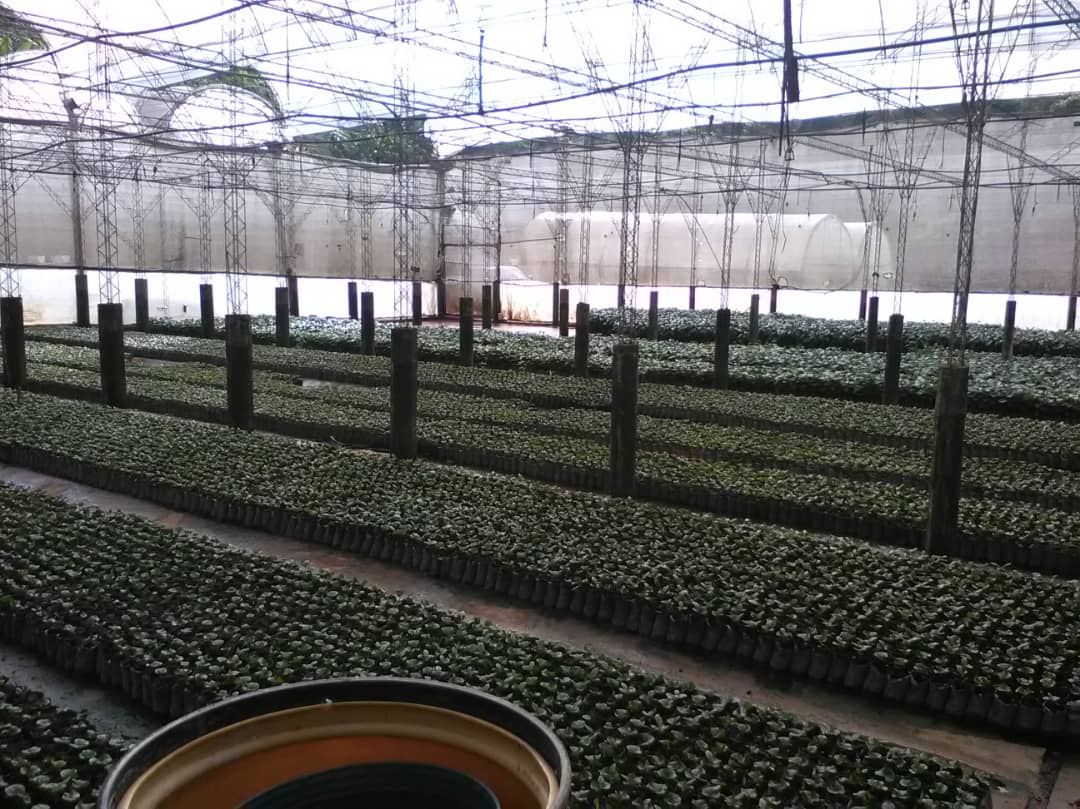Coffee is one of the most popular and appreciated beverages around the world, and Venezuela has historically been recognized for its excellent coffee beans. However, over the past 20 years, coffee production in the country has experienced significant ups and downs due to a combination of economic, political and environmental factors. In this article, we will explore the evolution of coffee production in Venezuela over the past two decades, highlighting the challenges faced by farmers and the hopes on the horizon.
A glorious past:
For much of the 20th century, Venezuela was one of the main coffee producers in Latin America. The fertile lands, ideal climatic conditions and the dedication of the farmers allowed the cultivation of high quality coffee beans. The coffee industry was a major source of employment and contributed significantly to the country's economy.
Economic and political challenges:
As the new millennium progressed, Venezuela began to face economic and political difficulties that had a direct impact on coffee production. Macroeconomic instability, lack of investment in the agricultural sector, and changing government policies created a challenging environment for coffee producers. Shortages of agricultural inputs, lack of access to financing, and hyperinflation made it difficult to maintain and expand coffee plantations.
Impact of climate change:
In addition to economic and political problems, climate change has also affected coffee production in Venezuela. Variations in rainfall and irregular temperatures have altered plant growth cycles and increased the incidence of diseases and pests. Farmers have been forced to adapt to these new climatic conditions and seek more resistant and sustainable cultivation techniques.
The resilience of producers:
Despite the challenges, many coffee producers in Venezuela have demonstrated remarkable resilience. They have implemented more efficient farming practices, such as crop diversification, utilization of organic methods, and adoption of innovative technologies. In addition, associations and cooperatives have been formed to share knowledge and resources, thus strengthening the resilience of the coffee industry.
New insights:
Despite the obstacles it has faced, coffee production in Venezuela shows signs of recovery and a promising future. The government has begun to recognize the importance of boosting the agricultural sector and has implemented supportive policies such as credit allocation and export promotion. Likewise, alliances have been established with international companies to improve the marketing and distribution of Venezuelan coffee beans in international markets.
Conclusion:
Coffee production in Venezuela over the past 20 years has faced significant challenges, from economic and political problems to impacts of climate change. However, coffee producers have demonstrated their capacity for adaptation and resilience in an adverse environment. As the country moves into the future, there is renewed hope for the resurgence of the Venezuelan coffee industry, with government support, technological innovation and farmer perseverance. Venezuelan coffee, with its distinctive flavor and rich tradition, has the potential to regain its prominent place in the global market and delight coffee lovers around the world.

